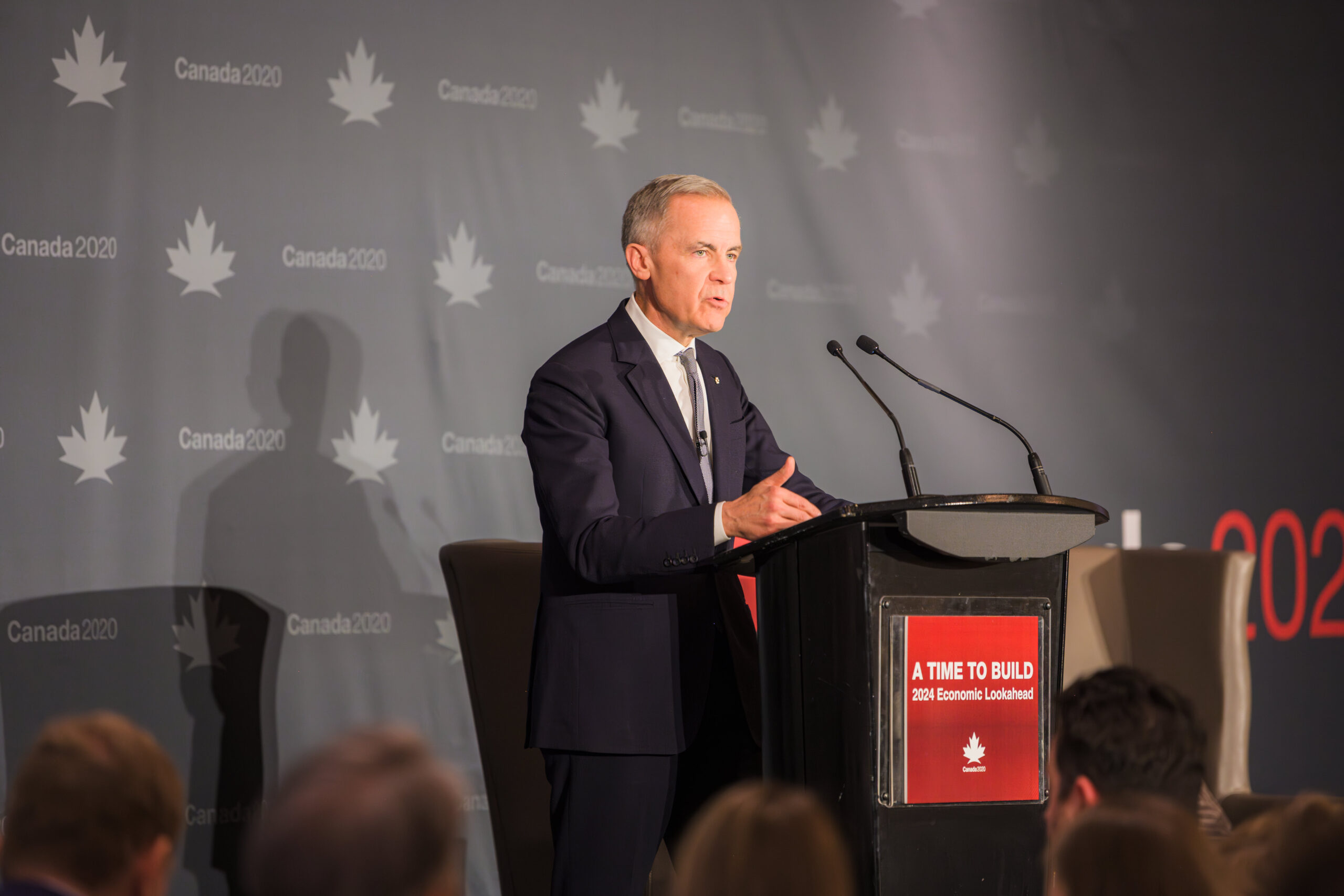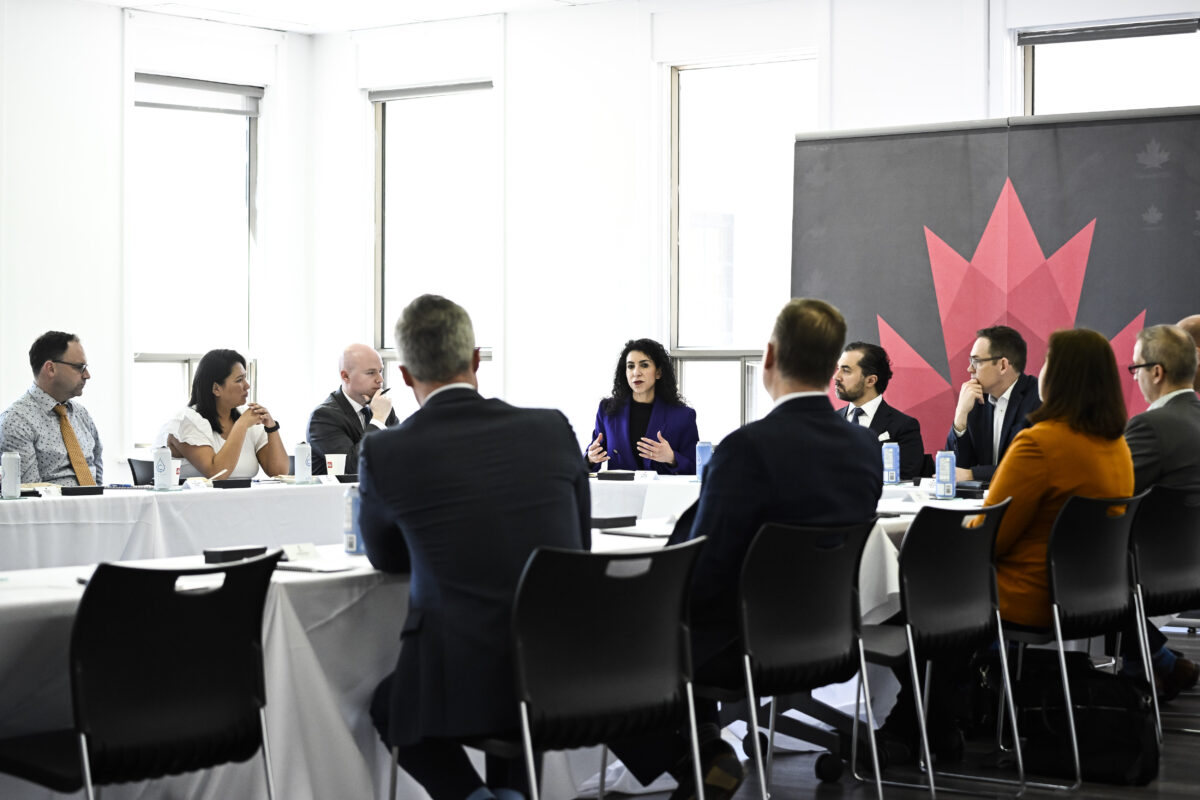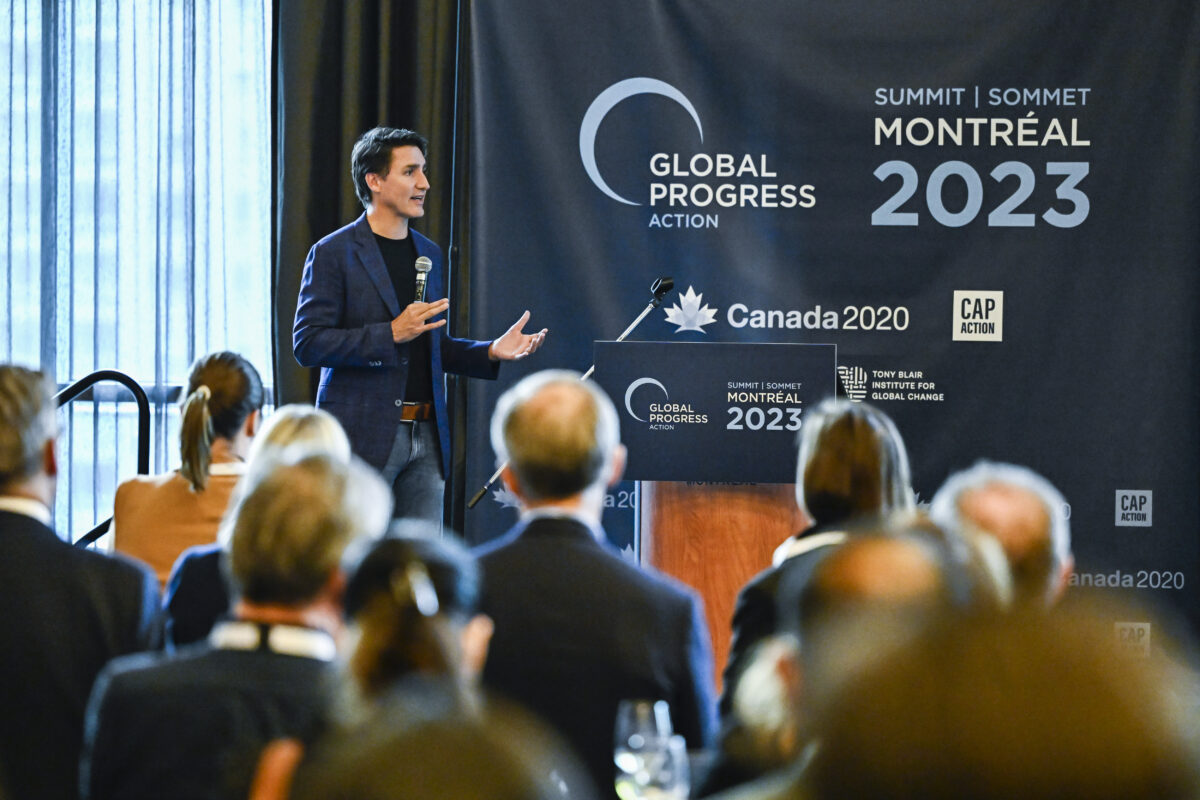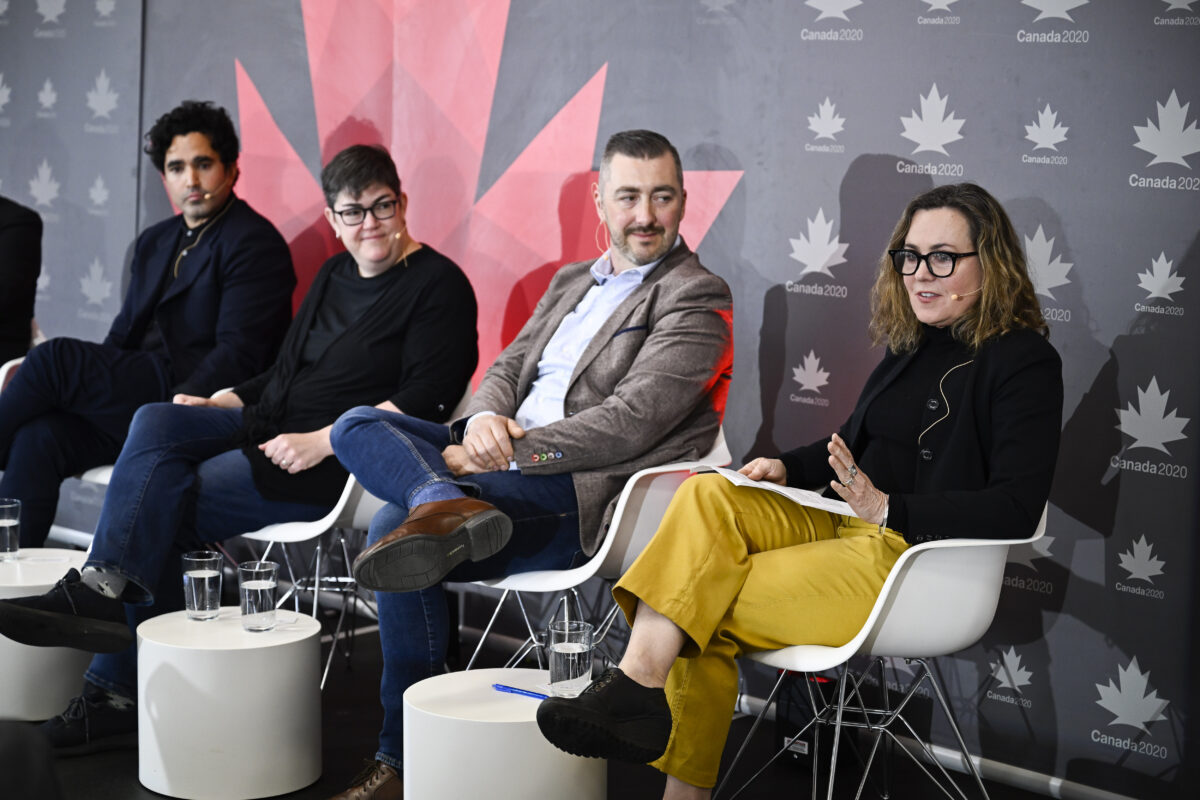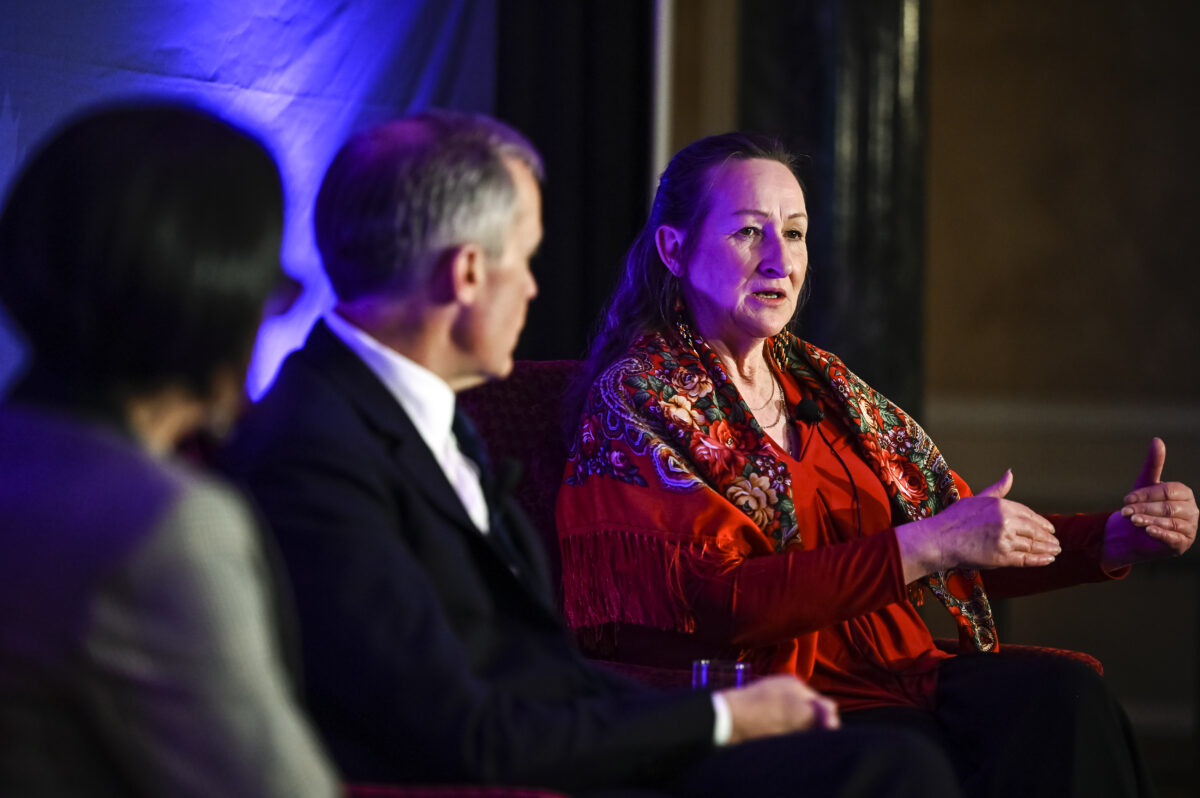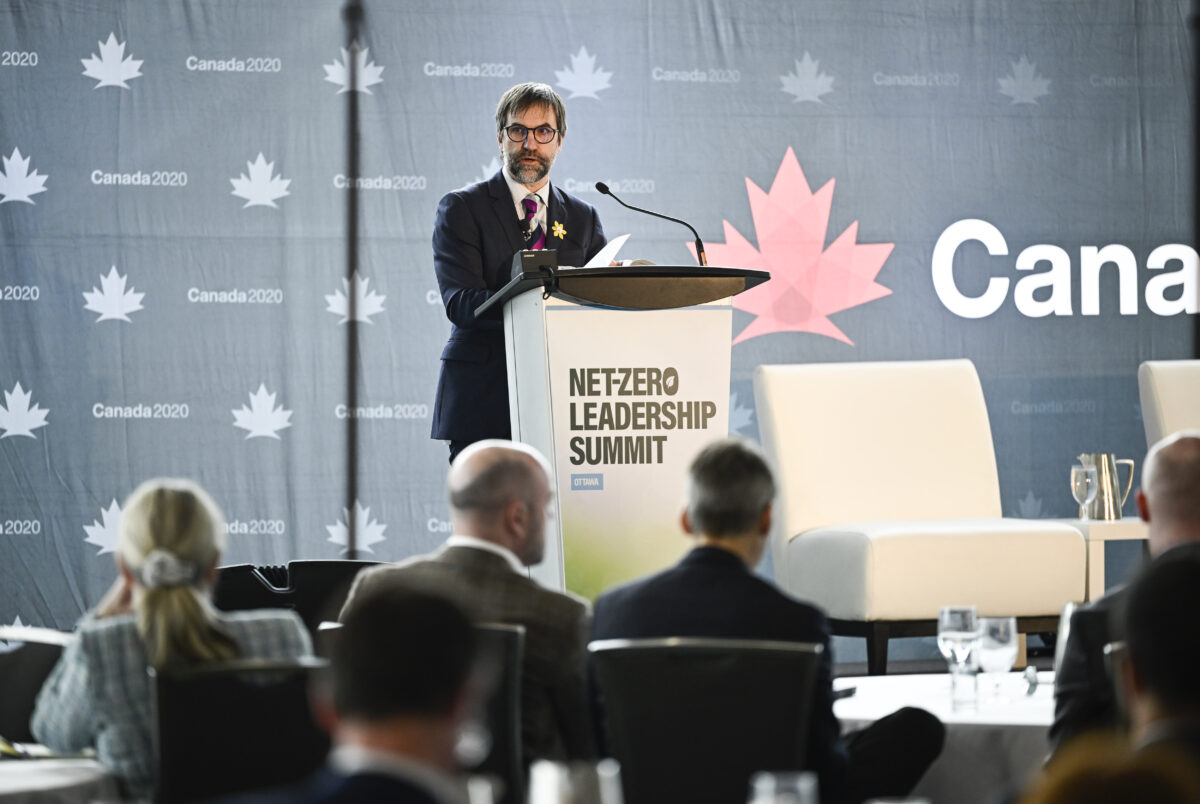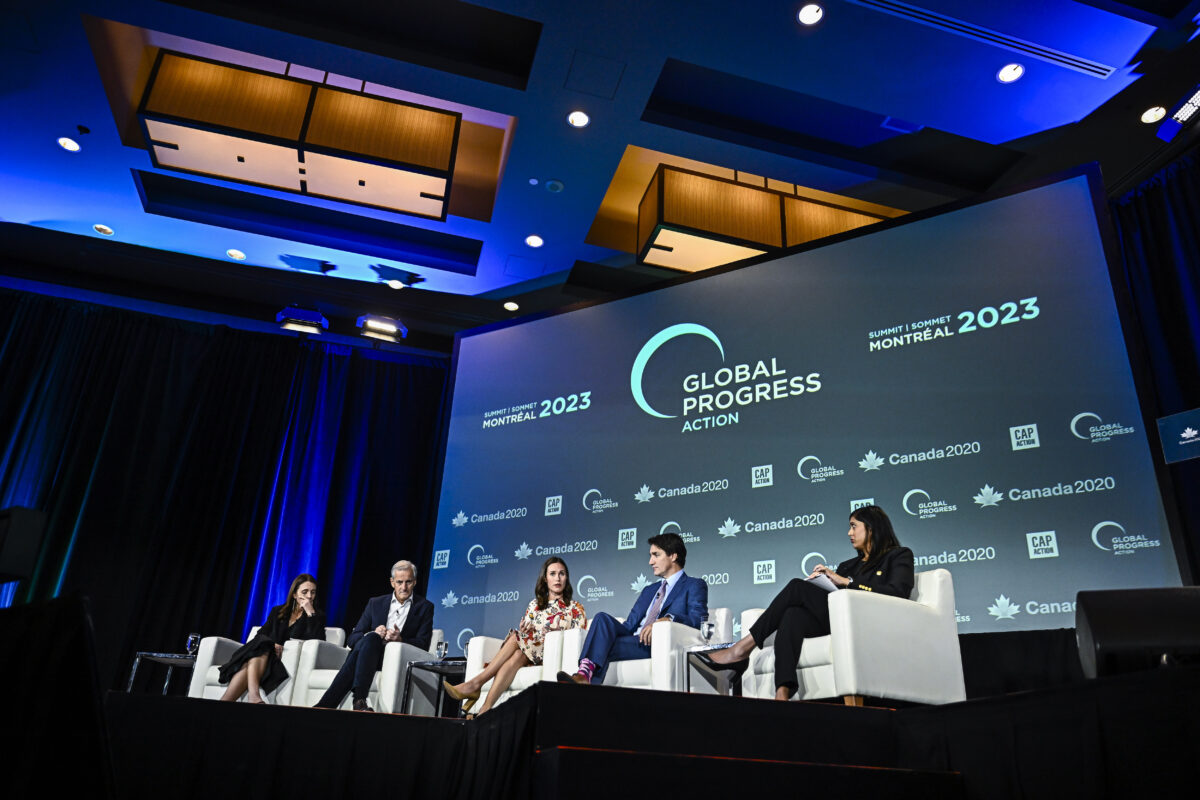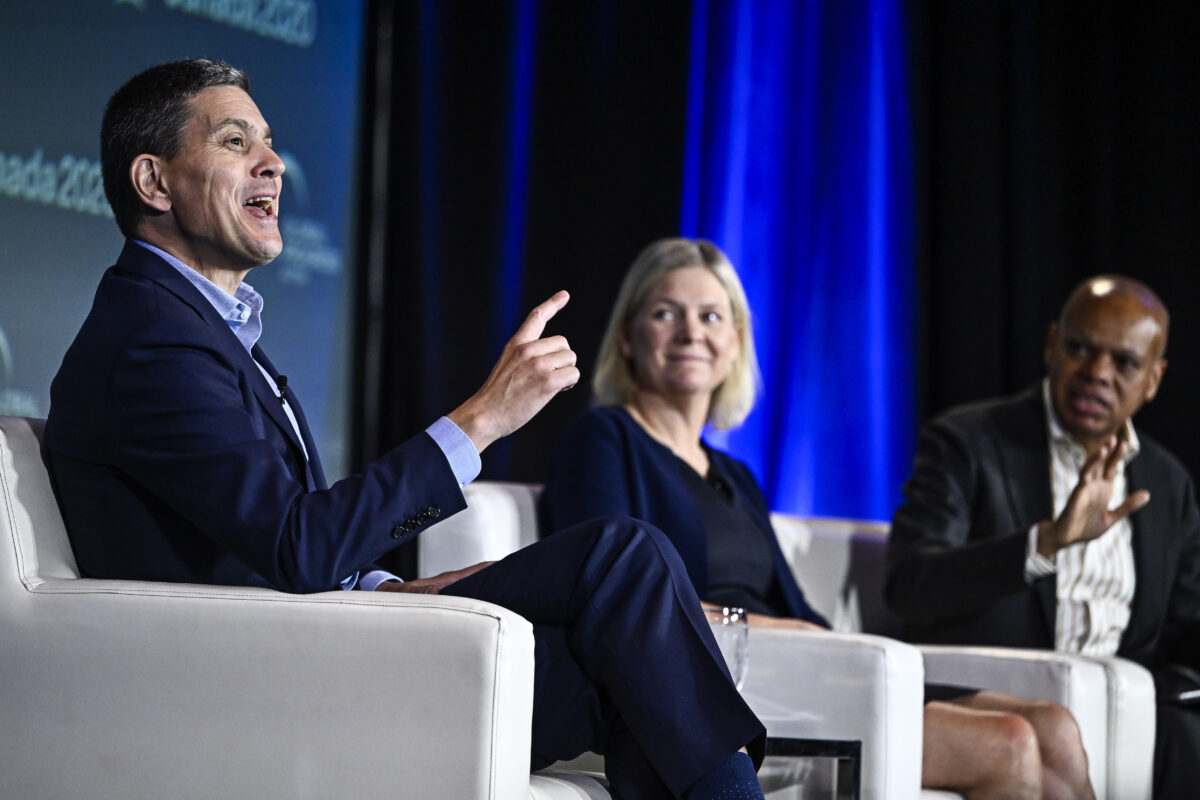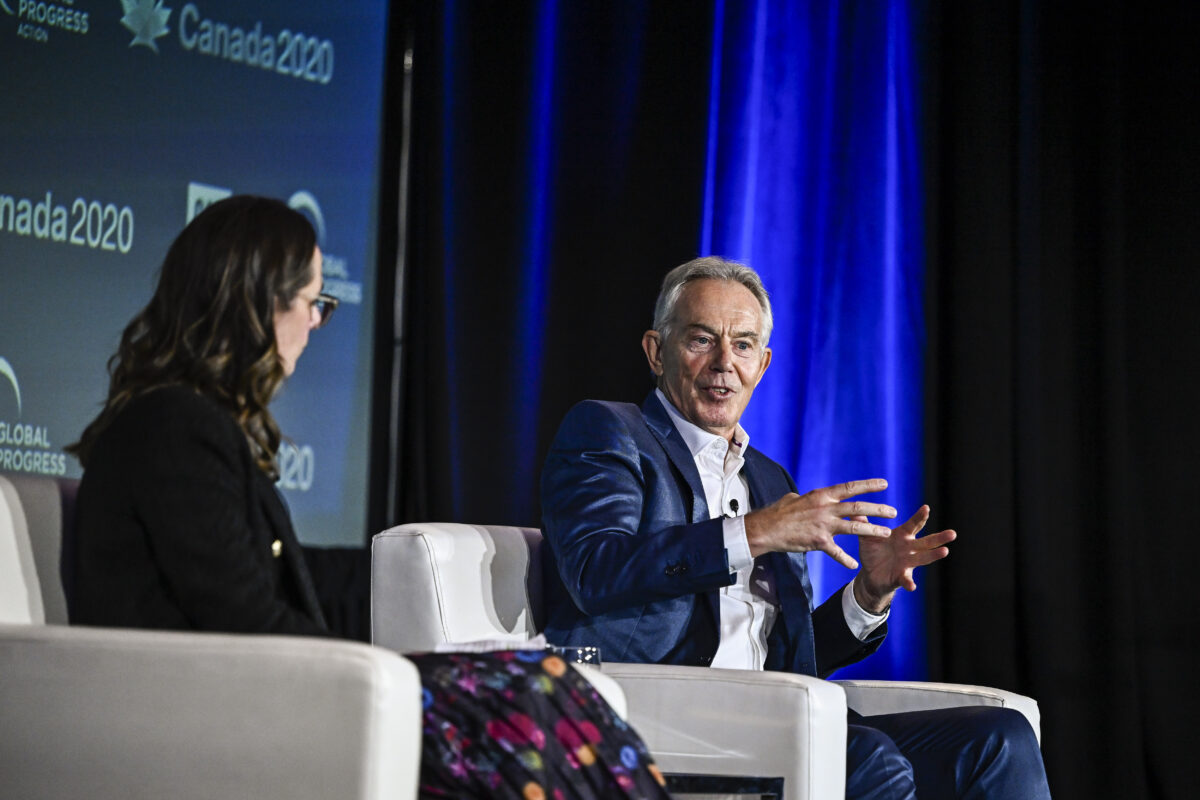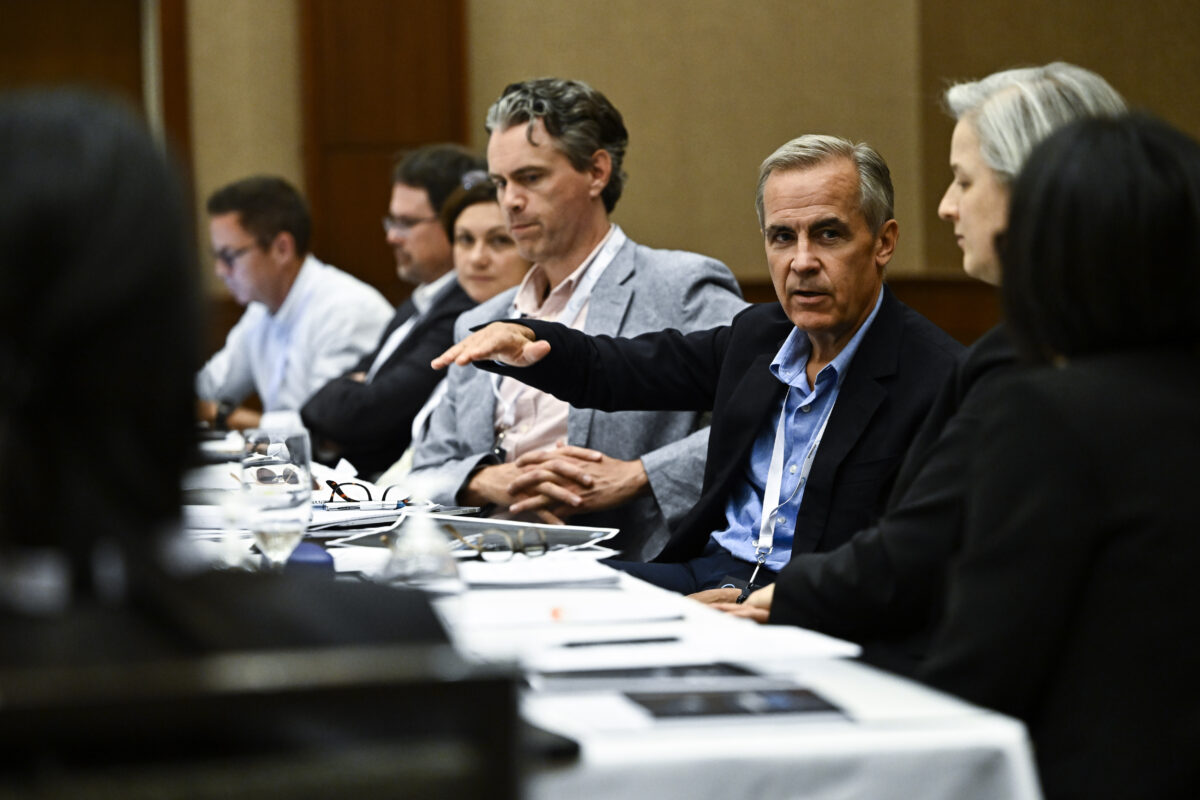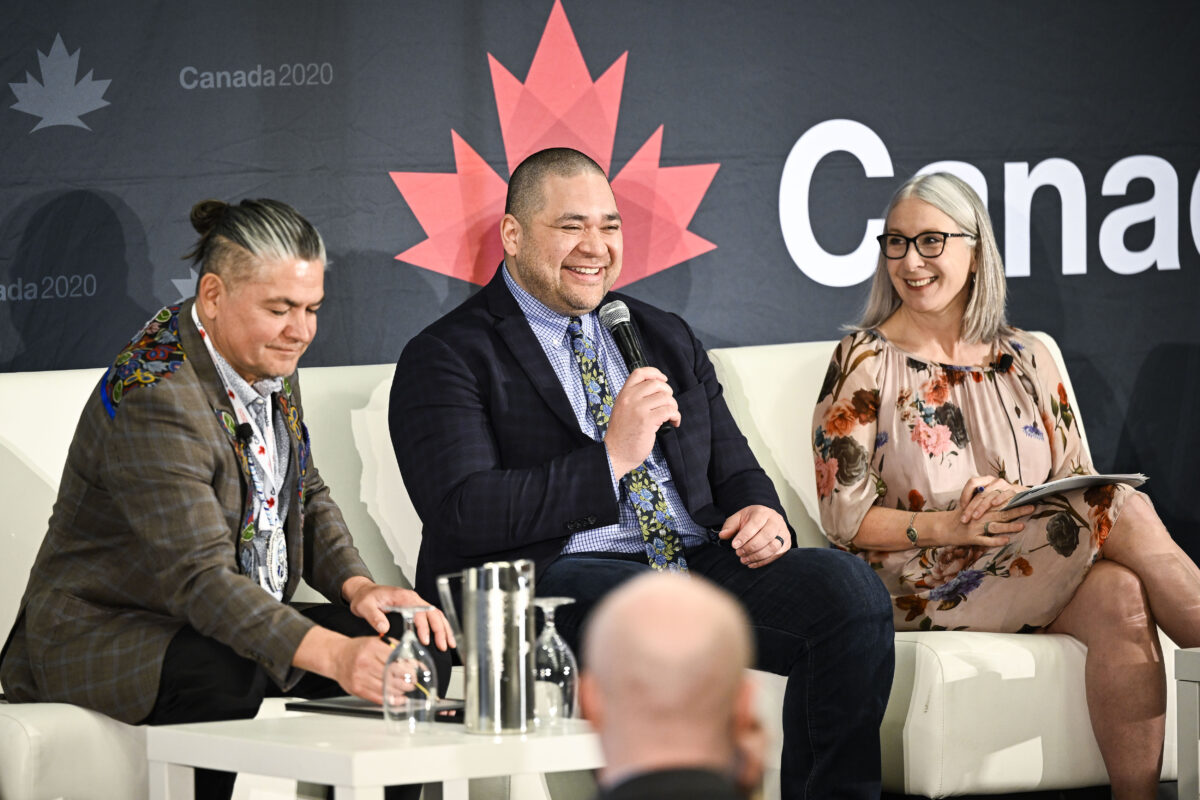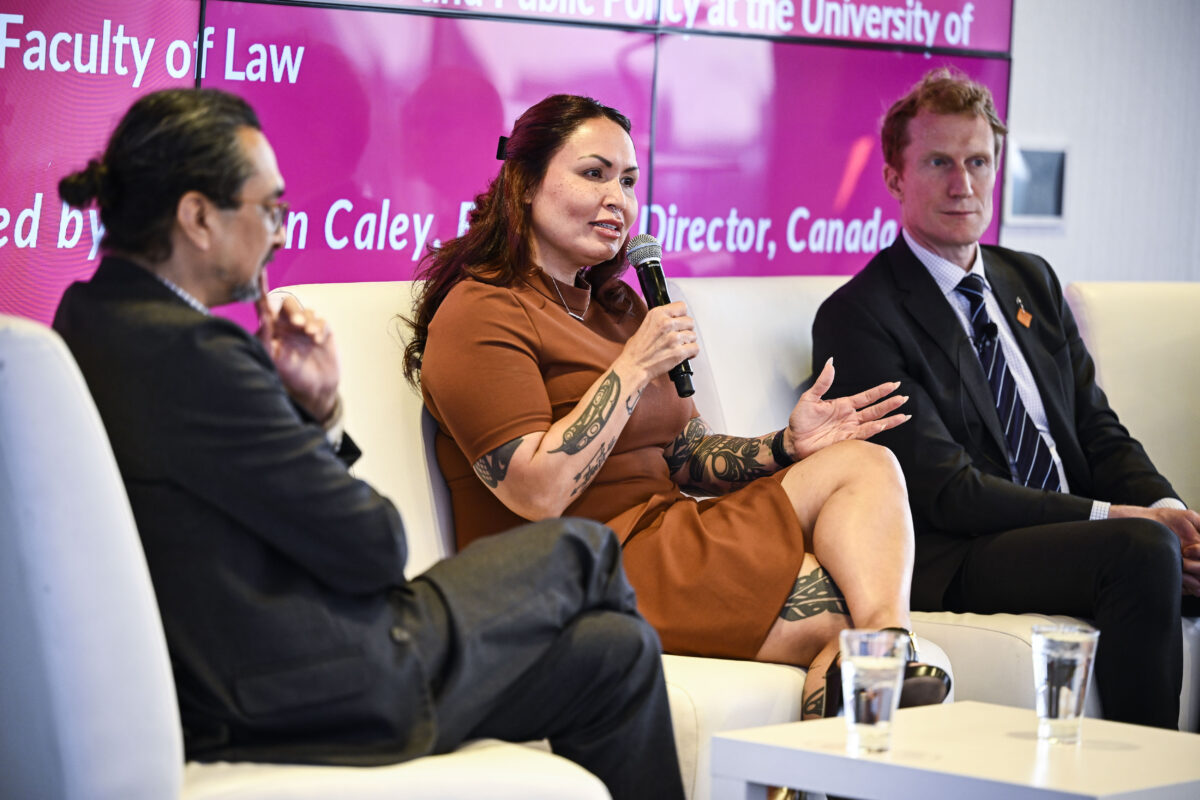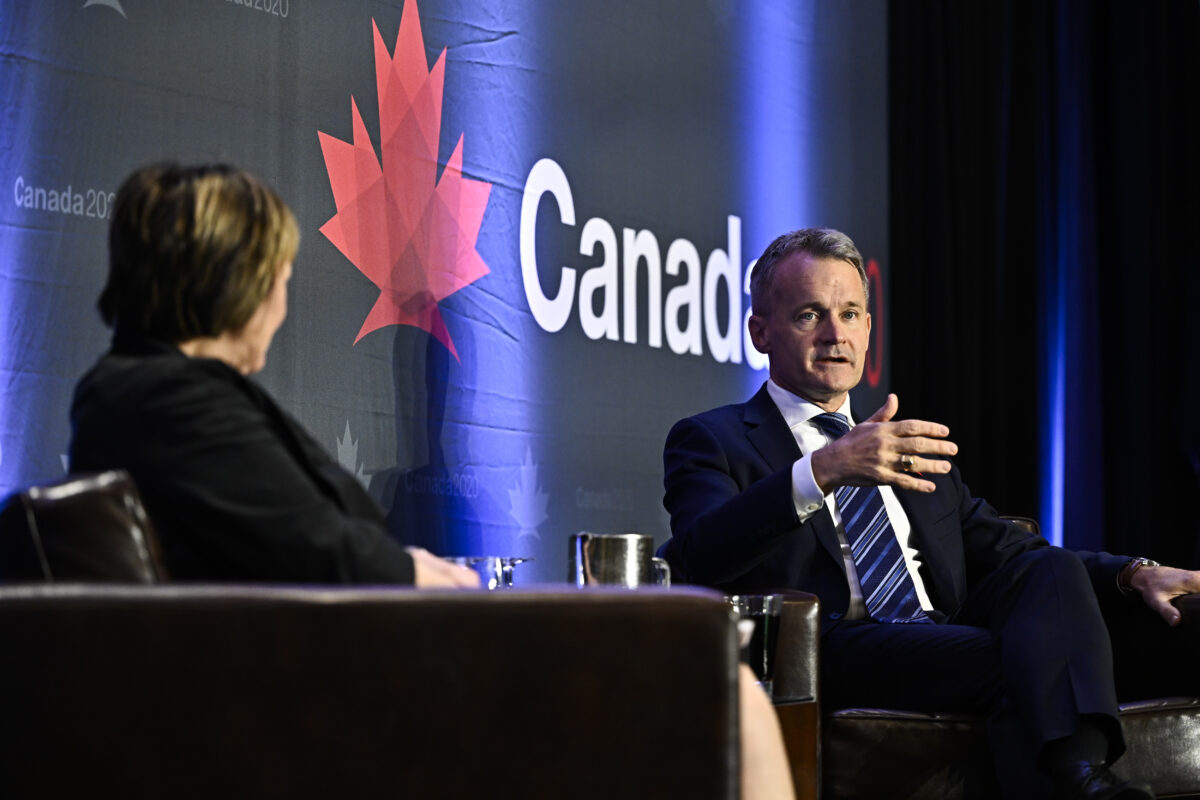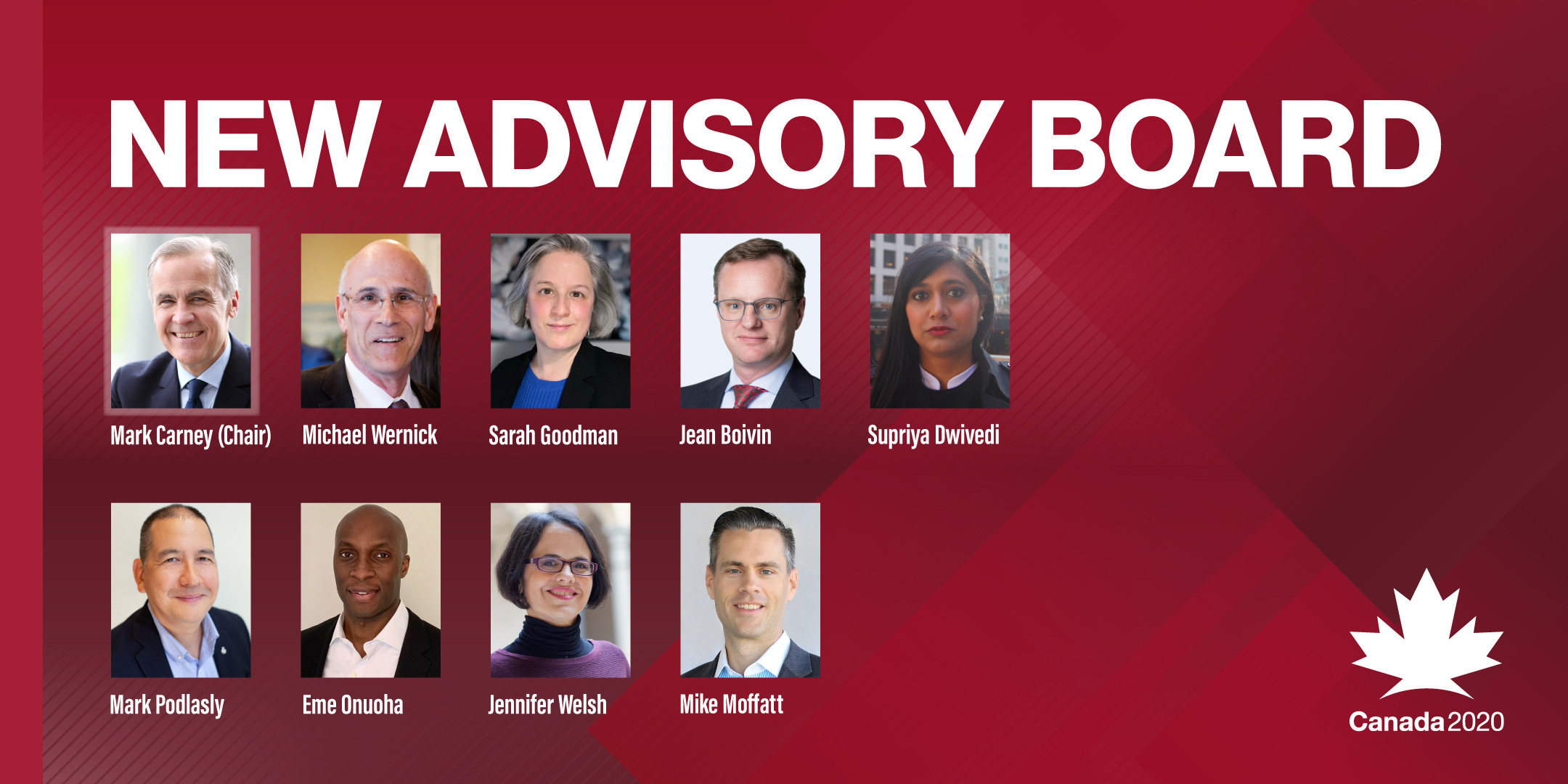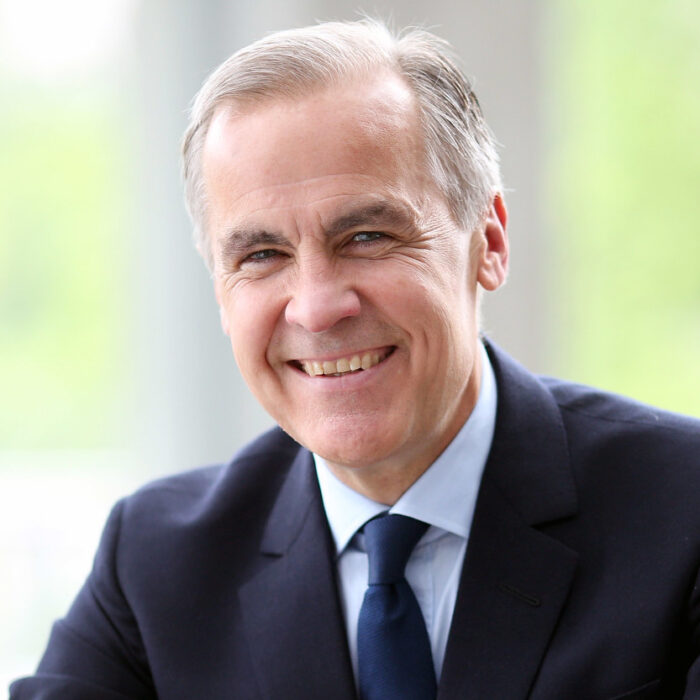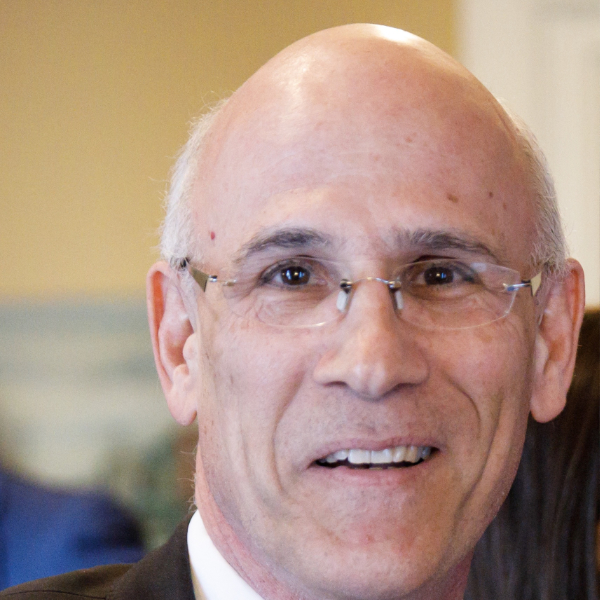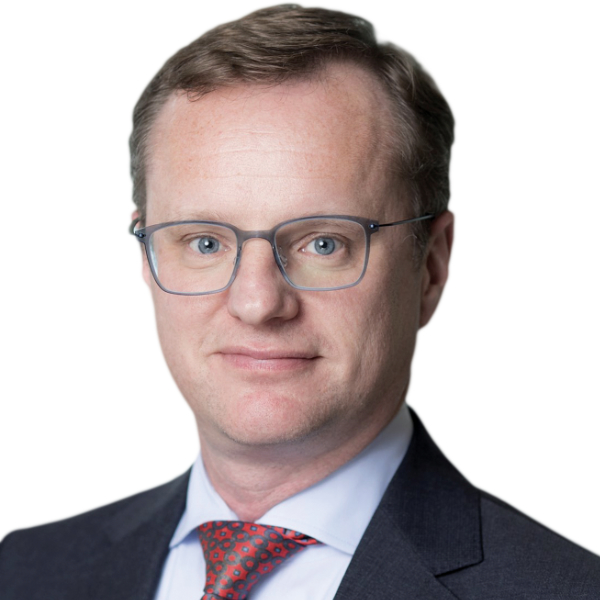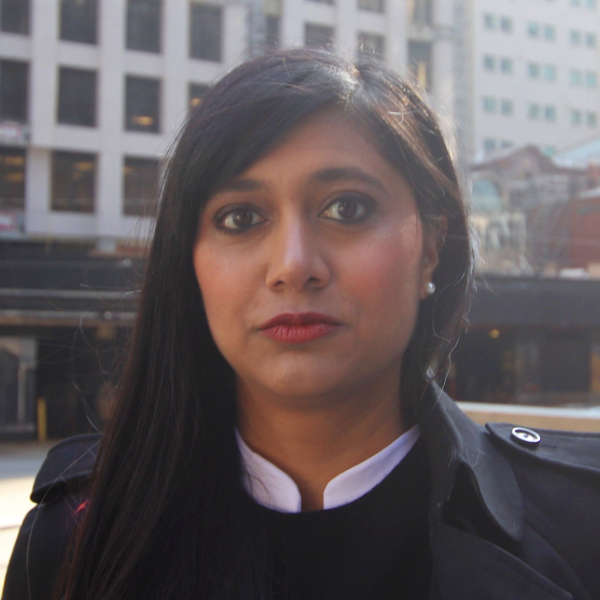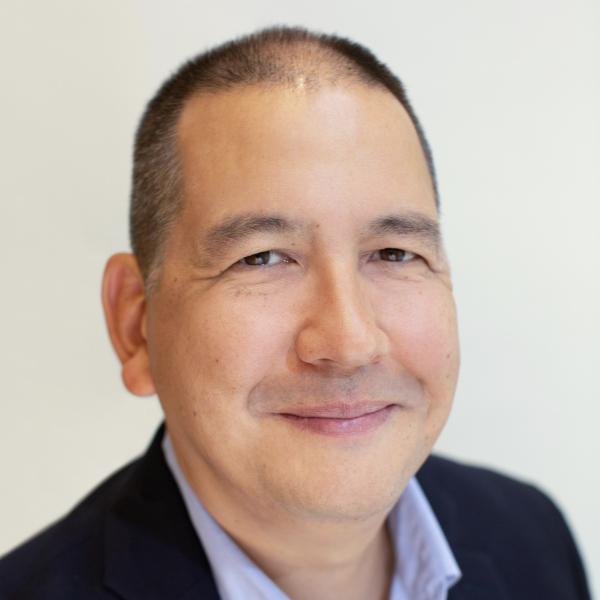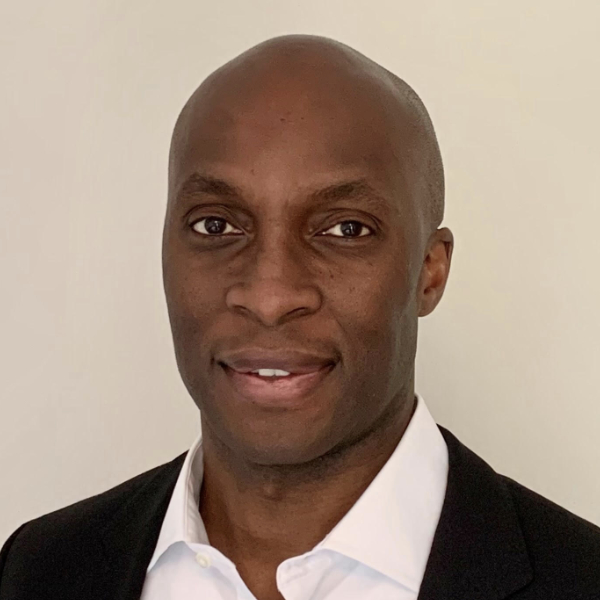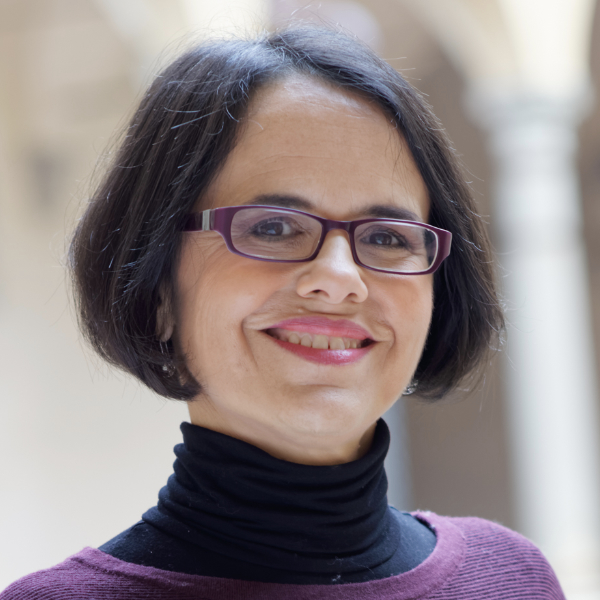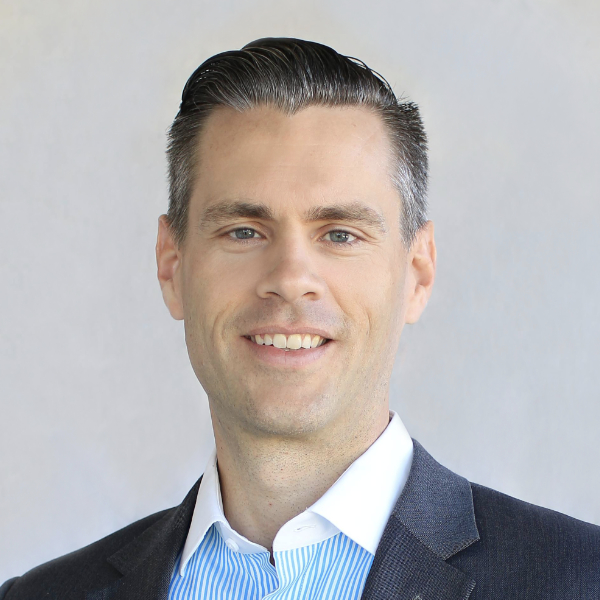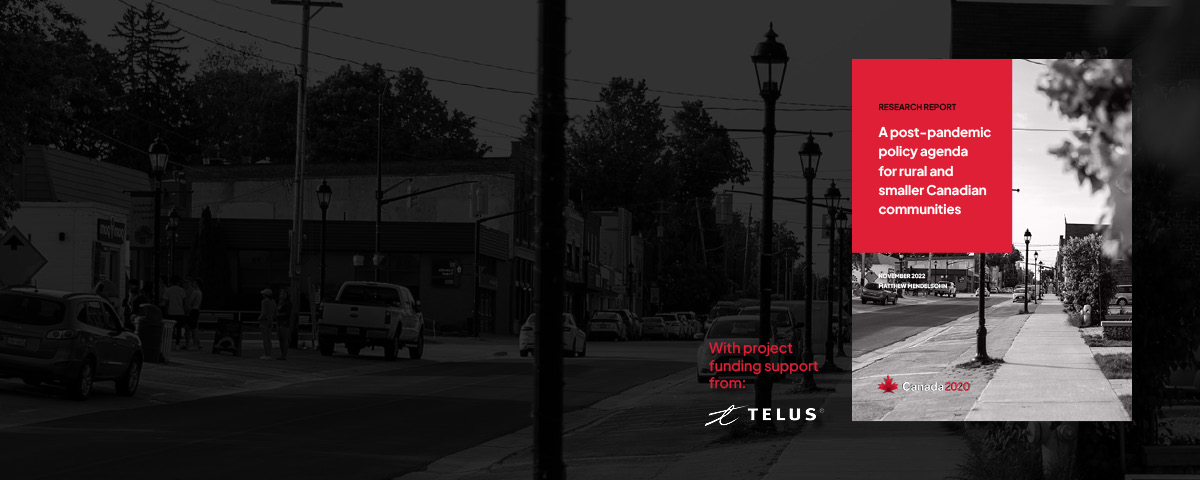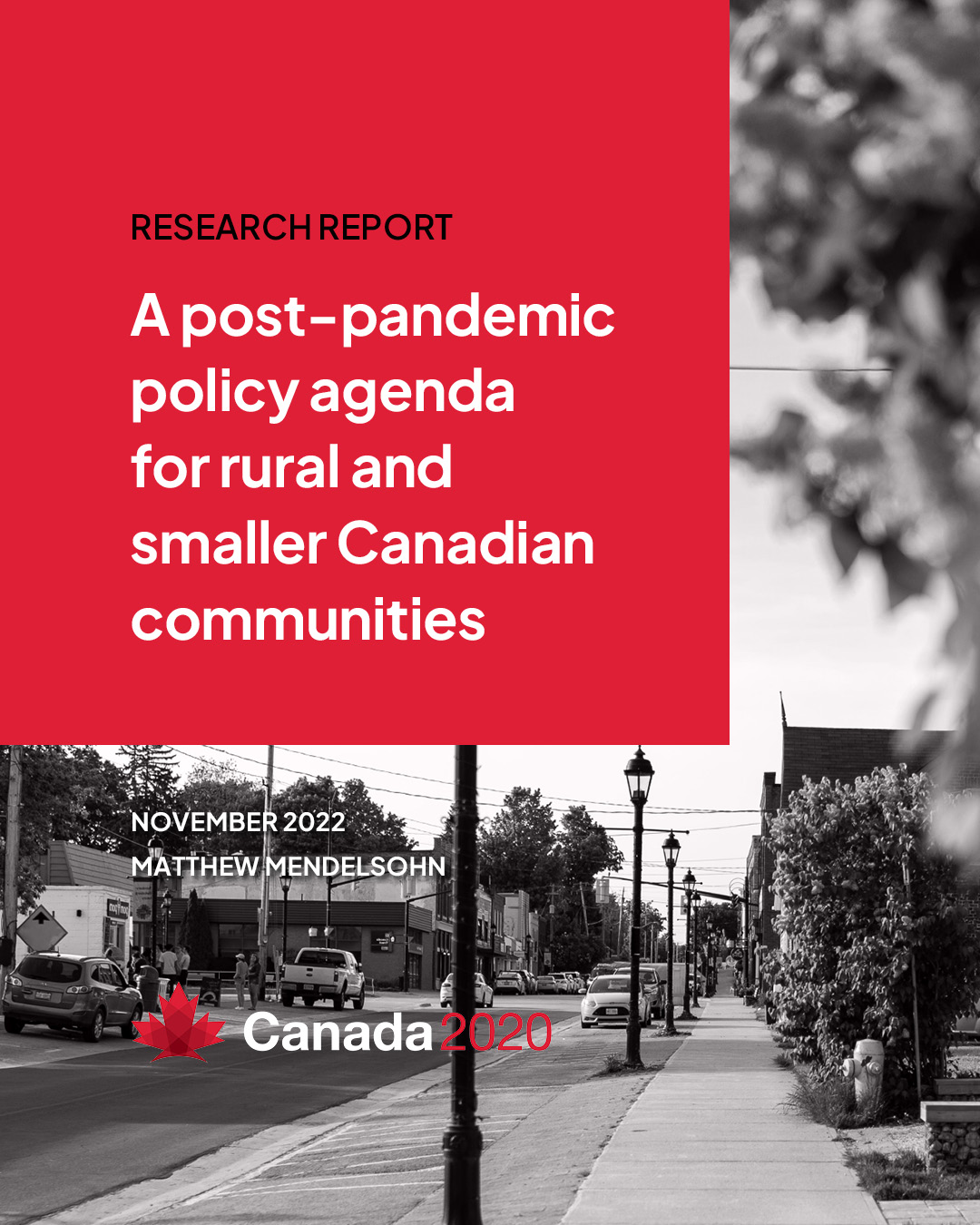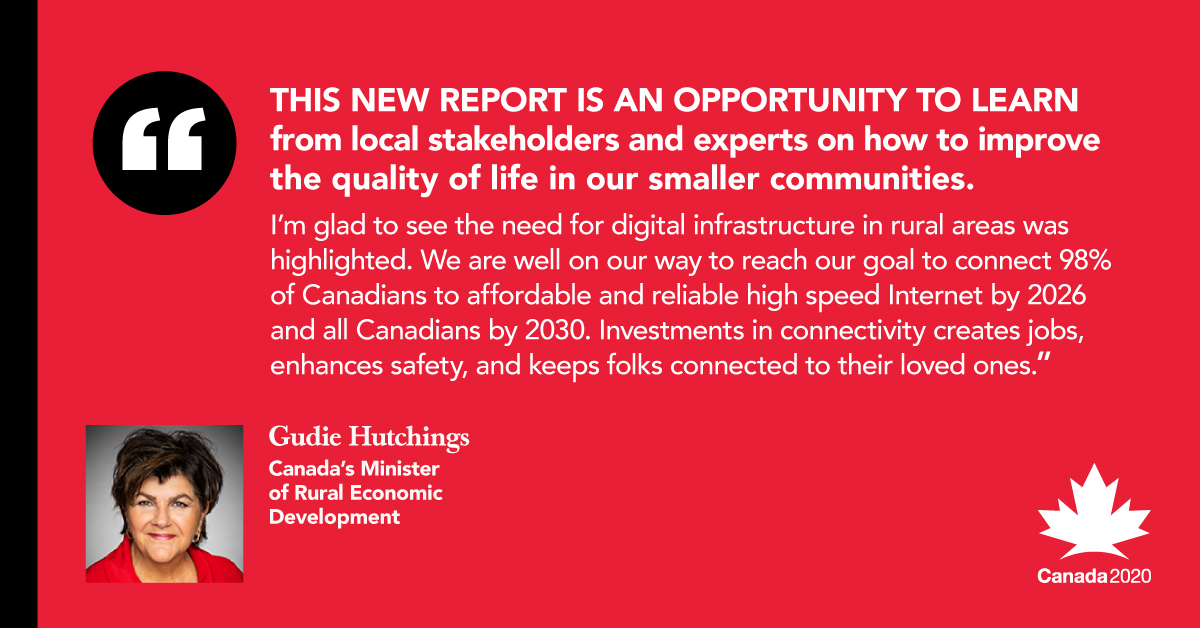Mark Carney
Advisory Board Chair
Canada 2020
Over the holidays, Canadians enjoy spending time with their families and friends to celebrate, catch up, look back on the year, and talk a bit about the future.
I don’t know about you, but it’s around this point during the holidays that my thoughts begin to turn to what I could do differently in the new year, about how I could be better. Some years, I resolve to exercise more, to take up a new hobby, or learn to play an instrument. In others, I resolve to be more present or not to speak ill of others.
Sometimes, our resolutions can feel especially important because we know a major life event is coming up: a graduation, marriage or divorce, buying a home, or moving into retirement. At those times, our resolutions carry a greater force and a renewed sense of urgency.
2025 promises to be one of those years for Canada. We are at a hinge moment in our history:
– The threat of tariffs by the Trump administration looms large. Taking the right approach will lock in economic growth for generations to come. But equally, if we aren’t strategic or we’re subservient, we will put many jobs and communities in peril.
– Canadians will go to the polls to decide how they want our country to be led. Many people want change, and they deserve a real choice of the best approach to serve their needs and those of the country.
These are not easy times. And we shouldn’t kid ourselves that there are quick fixes. But Canadians don’t shrink from challenges. We face them head on. With the right resolutions, we can build the future we want and which our kids and grandkids deserve.
So, what could we, as Canadians, consider as a pivotal New Year arrives? I would suggest that we resolve to:
1) Stand up for Canada. Help Americans who may not recognize it to appreciate just how essential we are to a healthy American economy from energy to autos today, and to critical minerals and AI tomorrow.
2) Play as a team. Canadians are always stronger together, and that now is one of those times for everyone to be ready to hop over the boards onto the ice when needed. Let’s stand up for Canada together, not bow down separately.
3) Embrace change. Change in how government operates. Change in what we expect from our businesses. Change in how we use technology. Change in how we talk to and listen to each other. From geopolitics to technology, the world is being transformed. The status quo is no longer an option. The question is what kind of change do we want: change that brings us together or change which drives us apart?
4) Support and inspire our builders. Builders create businesses that provide the solutions for us and the job opportunities for others. Builders make our communities better, and they discover the possible in our universities. We need Canadian builders to be unleashed because now is a time to build—housing, energy, technology, communities, and security.
5) Enforce real rules on government spending. Canadians must be confident that their taxdollars are being spent wisely. Governments can’t give into reflex spending that treats the symptoms of our problems but doesn’t cure the disease. Nor can we slash our way to prosperity. We need a government that keeps its word to spend less, so we caninvest more.
6) Provide greater service to friends and loved ones, within our communities and to Canada, especially in its time of need. Service is like a muscle that grows with exercise. 2025 will be one of those years when we need more exercise.
7) Bring the Stanley Cup home to Canada, where it belongs.
It’s often said that our New Year’s resolutions work best when the list is short, focused, builds on past behaviours, and respects core values. So, to boil it down, we should resolve to be more Canadian next year: to build more, to care more for others, and to win more often by doing the right things, in the best ways.
This op-ed was first published in the Globe and Mail, Dec. 30 2024.

